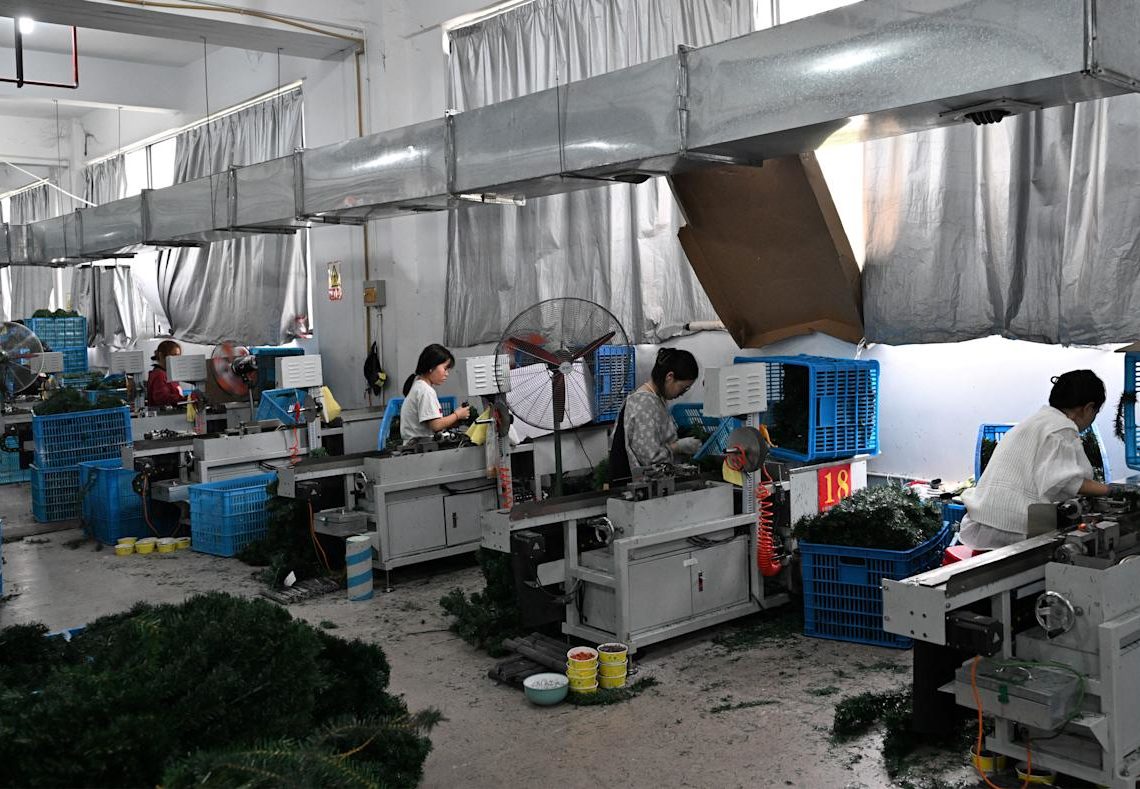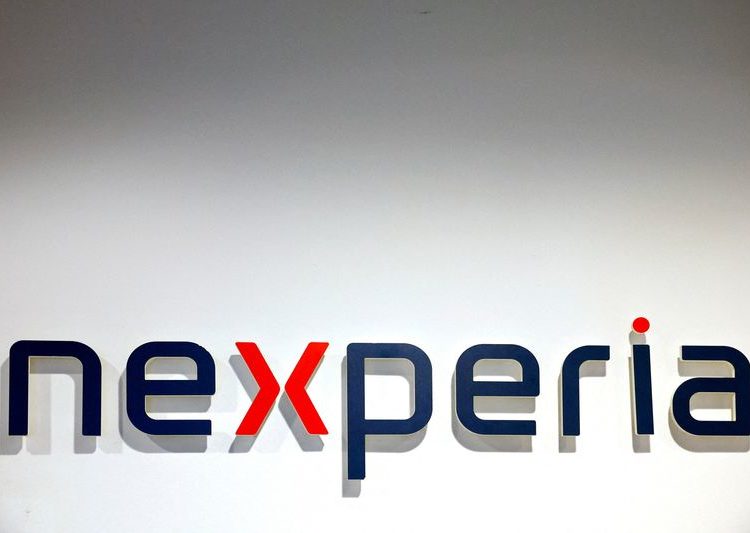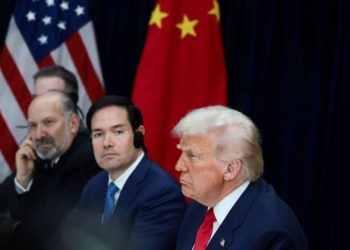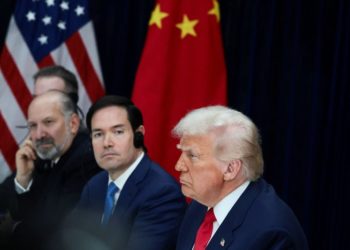Correction: A previous version of this article contained findings from an eMarketer survey about Gen Z shoppers that did not meet Post standards.
– – –
A surge of recent online videos have encouraged tariff-wary Americans to buy shoes, luxury handbags or even manufactured homes directly from Chinese factories.
Americans appear to have responded by catapulting two Chinese e-commerce apps, DHgate and Taobao, near the top of the most-downloaded iPhone apps in the United States, according to market intelligence firm Sensor Tower.
The online videos, largely originating on TikTok, are mostly a worthy conversation about what’s behind the products that Americans buy. But don’t believe everything you see.
Americans generally should not follow the advice to buy from Taobao or DHgate or try to order products from a Chinese factory. You may not save money this way; you still can’t escape whopping tariffs on Chinese-made goods; and you may be exposing yourself to disappointment or scams.
“If it sounds too good to be true, it probably is,” Sky Canaves, principal retail and e-commerce analyst at the research firm eMarketer, said about claims that Chinese factories or websites will reliably sell you top-shelf products at rock-bottom prices.
These shopping advice videos reflect our anxiety about prices shooting up because of the White House’s trade war with China. They also show the perennial allure of “secret” knowledge and money-saving “life hacks” that aren’t always smart.
Here’s what is true, and probably not, about the suddenly hot TikTok trend:
– – –
Middlemen are good, actually
Yes, Chinese factories make many products for well-known Western brands, such as high-end furniture and iPhones.
When those products hit the virtual or physical store shelves in the U.S., their prices can be far higher than the manufacturing costs, partly because the factories, logistics middlemen, brand labels and retailers each take a profit.
That’s why it’s appealing to bypass some of the businesses and buy from the factories. You’re probably already buying this way.
Store brands like those from Costco’s Kirkland, Bloomingdale’s and Trader Joe’s are ordered from the manufacturer to save you money. Temu, Shein and Amazon also connect you with Chinese factories and merchants to cut costs. (Amazon founder Jeff Bezos owns The Washington Post.)
What’s relatively novel in some social media posts is encouraging Americans to buy even more directly from Chinese factories or Chinese websites such as DHgate, a wholesale website, or Taobao, which is intended for Chinese shoppers. I’ve also seen tips to contact Chinese manufacturers on WhatsApp or WeChat, the ubiquitous chat app in China.
I’m advising you to take extreme care with all that advice or skip it entirely.
There are good reasons we mostly buy potatoes, laptops and T-shirts from stores and e-commerce sites and not from the farmers or factories that produce them. Maybe it costs more, but in return you benefit from retailers’ volume discounts, safety and quality control measures, and customer support.
Sites such as Temu, Shein, Amazon, Walmart and AliExpress connect you with Chinese factories and sellers but also do some screening for dangerous products and counterfeits. They will handle customer service, returns and refunds.
Canaves recently ordered a pink child’s desk from a Chinese merchant that sells on Walmart’s website and never got the product. She contacted Walmart and received a refund. If she had bought the same desk on a China-based site like DHgate, she doubted refunds or other help would be so easy.
Canaves said many are looking for low-cost look-alikes of well-known brands, or dupes. Use your common sense about dupes, some of which are of great quality, while others stink.
Alibaba, which owns AliExpress and Taobao, didn’t reply to a request for comment. DHgate couldn’t be reached for comment.
– – –
So much hogwash
Some of the TikTok videos about buying from China are ridiculous.
What do you think happens, as at least one video suggested, if you contact a massive Chinese manufacturer to order a single living room set when the factory typically sells them by the container load? Don’t count on it working or paying the cut-rate price negotiated by a giant retailer.
And how is it a “secret,” as some videos claim, that retail prices for luxury goods are far higher than the manufacturing costs? If you’re buying designer clothes or a Ferrari, you know you’re paying partly for the label.
(I also saw a claim in TikTok videos that Hermès bags are made in China. That’s not true, Canaves said, showing that not everything in these “exposés” is worth paying attention to.)
Also, no matter how you buy, you cannot avoid new tariffs of at least 145 percent on many Chinese-made products. “Anything from China, whether bought directly or through a company, is now subject to tariffs,” said Sucharita Kodali, a retail and e-commerce principal analyst with the research firm Forrester.
The White House has also said that next month it will end a common way for sites, including Temu, Shein and DHgate, to skip tariffs by shipping individual orders to Americans, often by airfreight. Odds are that prices on those sites will go up.
Shein had no comment beyond a customer notice that said tariff-related “price adjustments” will go into effect starting April 25. Temu didn’t have an immediate comment on possible price increases.
Even including the tariff hit, some people definitely will successfully buy great, affordable products from Chinese merchants and sites like DHgate. The question only you can answer is how much hassle and risk of losing your money you can tolerate.
Related Content
Freedom Riders faced a mob at this bus station. DOGE wanted to sell it.
The Abrego García case: A timeline and assessment of key documents
Trump brushes aside courts’ attempts to limit his power
The post Viral TikToks say to buy direct from Chinese factories. Don’t do it. appeared first on Washington Post.




